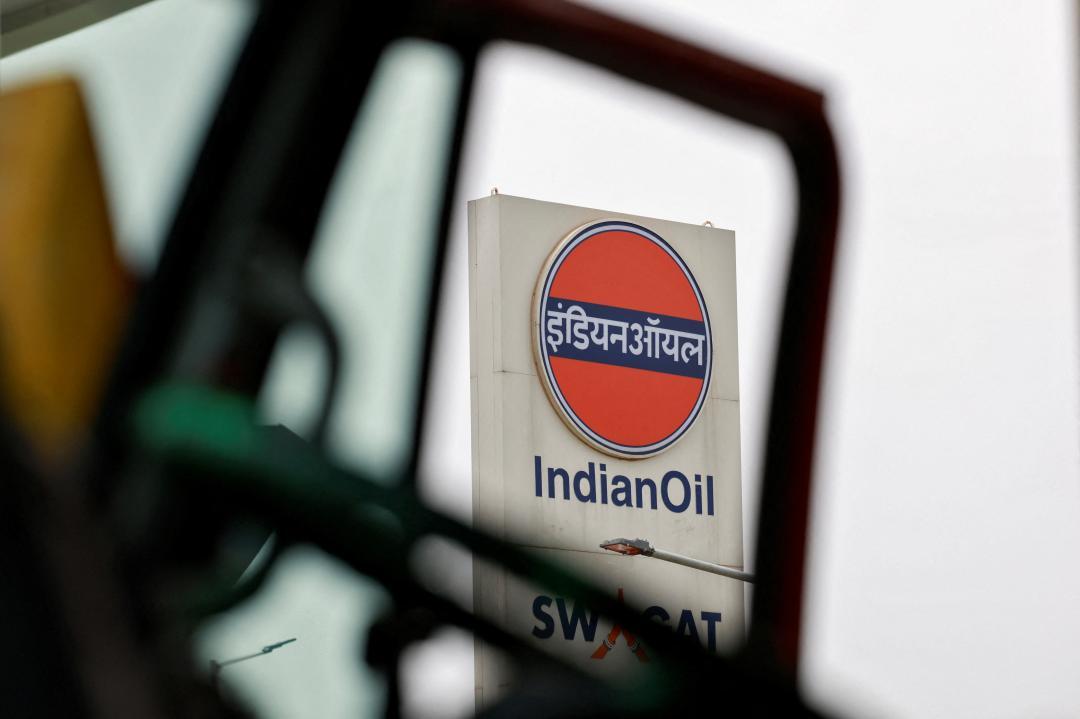
IndianOil gets global nod to make aviation fuel from used cooking oil
text_fieldsNew Delhi: Cooking oil discarded after frying in homes, hotels, and restaurants will soon fuel aircraft, with Indian Oil Corporation’s Panipat refinery in Haryana becoming the first in the country to receive international certification to produce sustainable aviation fuel (SAF) from used cooking oil, company chairman Arvinder Singh Sahney announced.
SAF, an alternative to conventional jet fuel, is made from non-petroleum feedstocks and can cut emissions from air transportation. It can be blended up to 50 per cent with traditional aviation turbine fuel (ATF), depending on supply. India has mandated 1% SAF blending in jet fuel supplied to international airlines from 2027.
IndianOil’s Panipat refinery has secured the International Civil Aviation Organization’s ISCC CORSIA certification (International Sustainability and Carbon Certification under the Carbon Offsetting and Reduction Scheme for International Aviation), allowing it to produce 35,000 tonnes of SAF annually starting later this year. The output will be enough to meet India’s initial blending requirement in 2027, Sahney said.
The refinery will source used cooking oil through agencies collecting from major hotel chains, restaurants, and food companies such as Haldiram’s. While large establishments dispose of oil after one use, collection from small businesses and households remains a challenge. Currently, much of India’s used cooking oil is exported.
Parallelly, IndianOil has commissioned a ₹5,000 crore plant at its Koyali refinery in Gujarat to produce 1.5 lakh tonnes per year of Butyl Acrylate (BA), a key ingredient in paints. This is only the second such unit in India after BPCL’s Kochi refinery. With the country importing around 3.2 lakh tonnes of BA annually, the new plant, together with the Kochi unit will substitute 80-90 per cent of imports, saving significant foreign exchange. The paint industry, growing at 13-14 per cent annually, is expected to benefit greatly.
In another major initiative, IndianOil has awarded a contract to Larsen & Toubro to build India’s largest green hydrogen plant at Panipat refinery. The 10,000-tonne-per-year unit, expected to be operational in 27 months, will produce hydrogen by splitting water using renewable energy. Unlike grey hydrogen, which is currently produced from fossil fuels for refinery use, green hydrogen is emission-free and seen as a critical element in India’s energy transition.
India’s relatively low renewable energy costs have brought down green hydrogen production costs to under USD 4 per kg, making it more viable for use in refineries and eventually in industries and automobiles.
Sahney stressed that IndianOil continues to innovate in sustainable energy, from biofuels and 2G ethanol to fuel cells, biodiesel, and energy storage technologies. He highlighted that SAF from Panipat had undergone rigorous lifecycle carbon emission assessments and traceability checks before certification.
Certifications such as ISCC CORSIA not only guarantee environmental and social standards but also create a benchmark for other refiners to scale up SAF production in line with India’s net-zero goal by 2070.
India plans to gradually mandate SAF blending in aviation fuel, beginning with 1 per cent for all international flights in 2027 and rising to 2 per cent the following year. The initiative builds on earlier trials, including SpiceJet’s 2018 test flight using a 75:25 mix of ATF and biofuel, and IndiGo’s 2022 international demonstration flight with a 10 per cent SAF blend.
With Panipat refinery leading the effort, IndianOil has reaffirmed its role as a pioneer in India’s green energy transition, paving the way for a cleaner, more sustainable aviation future.
With PTI inputs








